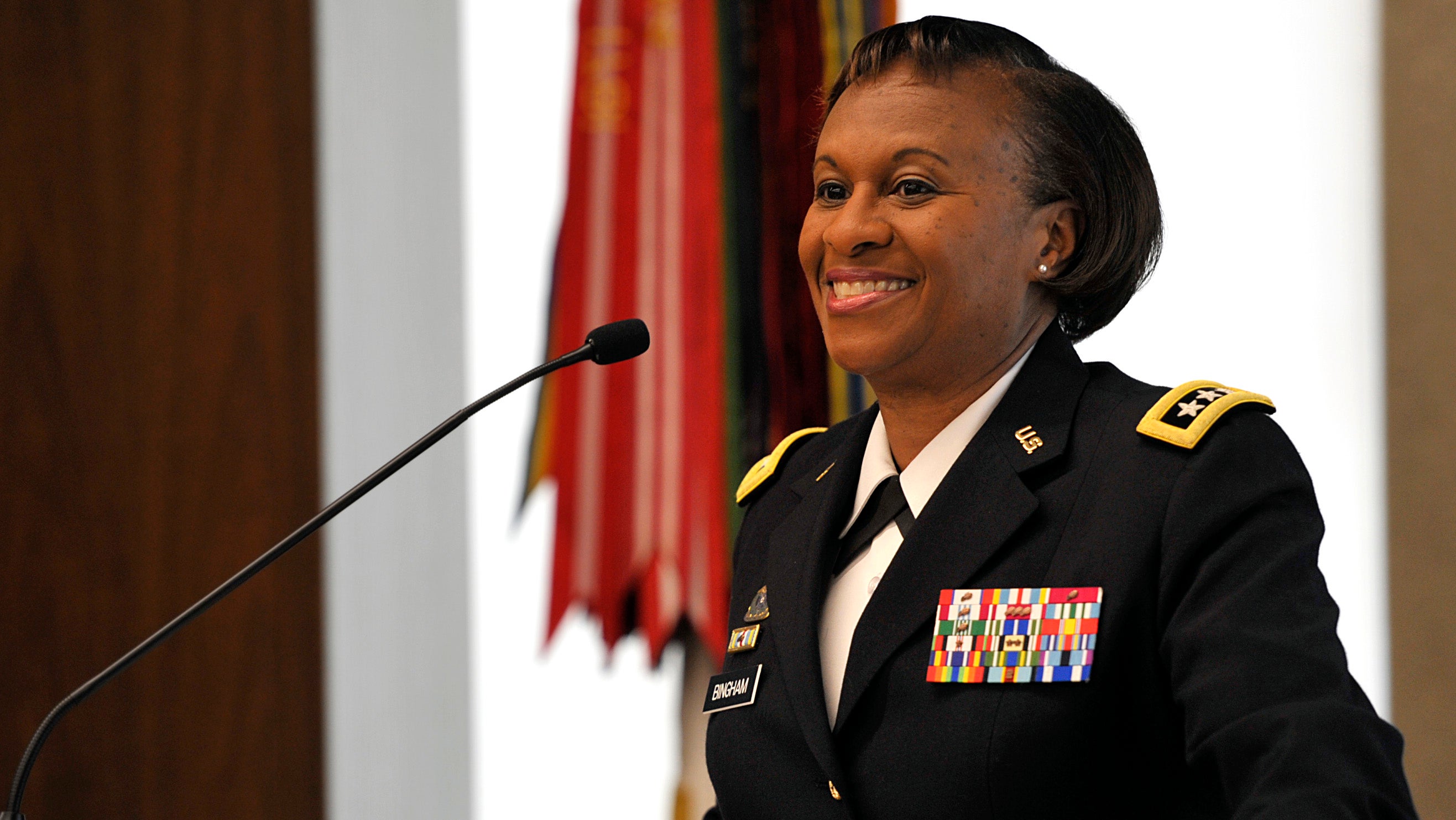Smart Technology Coming to Army Posts
Smart Technology Coming to Army Posts

For advice on everything from online housing referrals to grocery delivery, the Army is enlisting the help of its youngest soldiers to guide decisions on how installation services might be delivered using smart technology.
To ensure the best path toward installation modernization, the Army must begin with “the people who are going to use that technology in 2035 and beyond, and that is none other than the millennials or post-millennials,” Lt. Gen. Gwen Bingham, assistant chief of staff of the Army for installation management, said at a June 12 breakfast forum hosted by the Association of the U.S. Army’s Institute of Land Warfare.
A number of surveys are underway to explore what millennials and their families will want from their installations and housing. The use of digital technology is expected to be top-ranked based on the premise that the younger generation wants everything at their fingertips and does it all through apps.
Also under review are what services currently offered on post can be offered online or off post, “so that we can rid ourselves of some of those noncore missions,” Bingham said. Just as child care referrals are now done online, she suggested the same could be done with housing referrals and grocery delivery.
Highlighting the importance of partnerships in adapting to the future, Bingham noted that a 50-megawatt, multifuel power plant was fired up in May at Schofield Barracks, Hawaii. The first of its kind on any Army installation, the Army provided the land and Hawaiian Electric Co. built the plant and will run it for the Army, Bingham said. In the event of a natural disaster or other prolonged disruption, she said, the base, plus Wheeler Army Airfield and the local hospital, will be able to continue operating off the grid for 30 days.
Bingham suggested that through such partnerships and a culture change, Army installations can adapt to smart city technology that would include security using biometrics and sensors, autonomous vehicles, artificial intelligence and data analytics for building maintenance and repair.
“There's absolutely nothing we do inside our gates without the full support and partnership of our academia or industry partners and community leaders outside our gates, and from where we sit, our installations of the future will indeed be able to optimize these partnerships going forward,” Bingham said.
Lt. Gen. Paul A. Ostrowski, principal military deputy to the assistant secretary of the Army for acquisition, logistics and technology, will be the keynote speaker on July 18 at the next Institute of Land Warfare breakfast forum at AUSA. For more information, click here.

